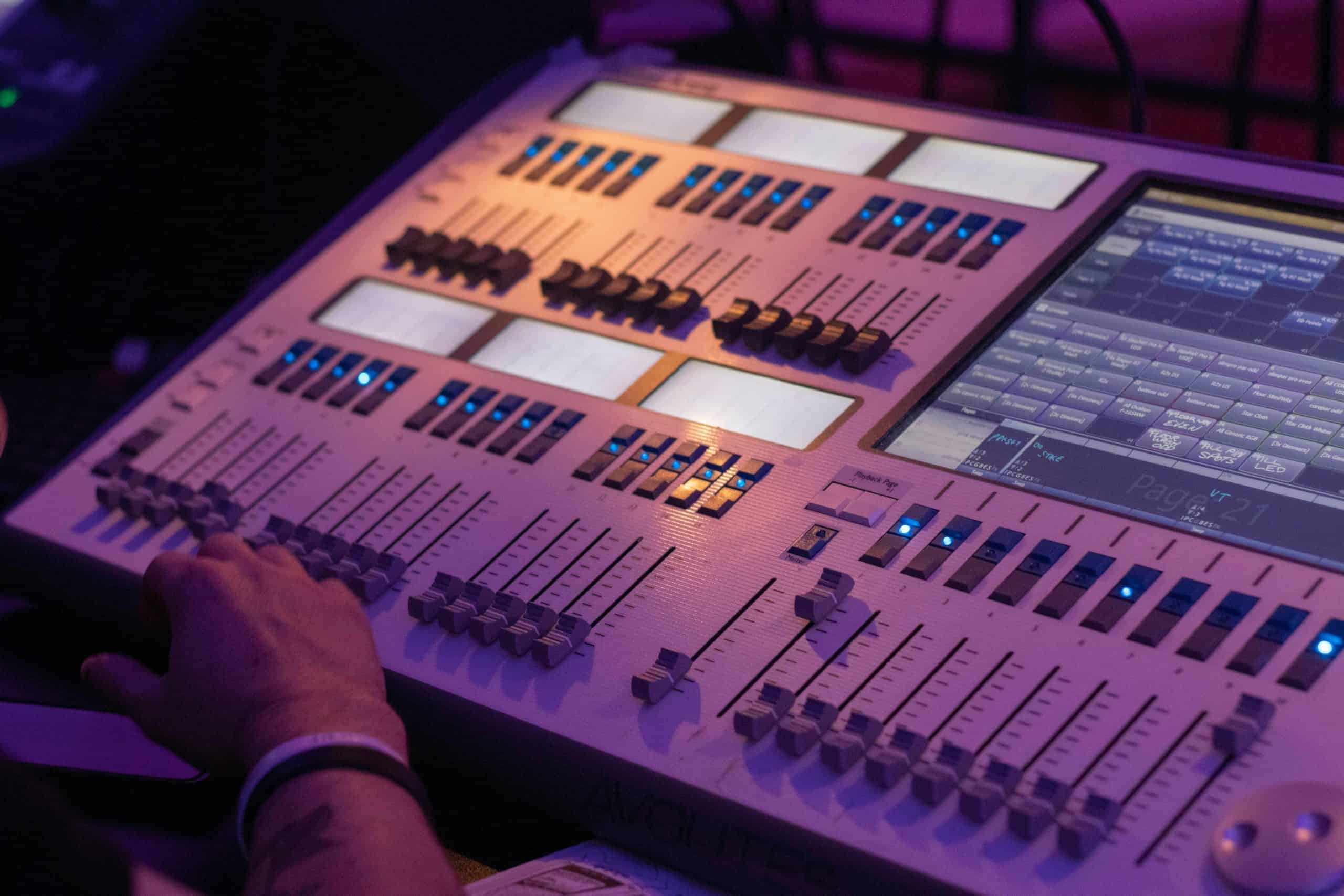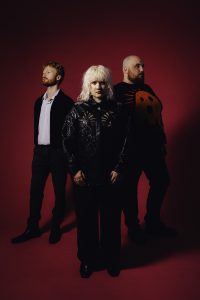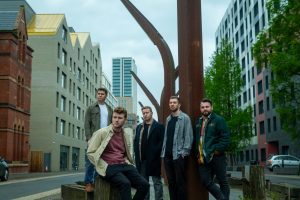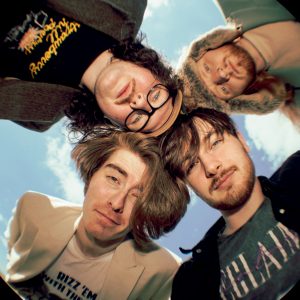DAWs, or Digital Audio Workstations, are software programs that have revolutionised the way we create, record, edit, and mix audio. Think of them as your personal digital music studio, packed with tools for musicians, podcasters, sound designers, and anyone with a passion for sound.
Renowned for its loop-based workflow and live performance capabilities, Ableton Live is the natural choice for electronic music production and DJing. It fuels the creativity of artists like Hardwell and Deadmau5. Its competition, Logic Pro, is exclusive to Apple computers and a beloved choice for professional musicians and producers across genres. Pop icons like Billie Eilish and Lorde and legendary rock bands like Foo Fighters are some of the many names that use Logic Pro.
DAW programs have been proving in recent years that their versatility extends far beyond crafting hit tunes. They power the soundscapes of diverse fields, from captivating video games to soothing spa treatments and beyond.
Beyond Jingles: Casino Slots
Forget generic loops and stock sounds. Game developers leverage DAWs to create original music that aligns with the theme and target audience of the online casino slots they create. Imagine a pirate-themed slot with a cinematic orchestral soundtrack, or an underwater adventure slot with ethereal melodies and bubbling sound effects. Every spin, symbol click, and bonus trigger comes alive with sound effects meticulously crafted in DAWs.
Some advanced slots use dynamic music systems powered by this software. NetEnt’s Starburst features a cheerful electro-pop soundtrack, while Playtech’s Age of the Gods boasts a powerful orchestral score. Microgaming’s Immortal Romance uses a romantic piano melody that intensifies during bonus rounds, showcasing the strong capabilities of DAWs.
From Labs to Melodies: Biomusic
Biomusic is where biology meets music, translating biological data into captivating compositions. DAWs play a starring role in processing this data, transforming brainwaves, heart rhythms, or even plant cell activity into sound patterns or musical pieces. This biofeedback loop can be used for relaxation, meditation, or even as a tool for understanding brain function in new ways.
But biomusic isn’t limited to the human body. Plants, too, have their own unique electrical signals. By connecting electrodes to a plant, researchers can capture these signals and feed them into this type of software. It could go even further into creating personalised soundscapes for healthcare or composing music that reflects the health of ecosystems.
DAWs Meet: Machine Learning
DAWs are no longer passive tools; they’re becoming active collaborators. Machine learning algorithms are being integrated, enabling them to generate original melodies, chord progressions, and even entire compositions based on your input or chosen style. AI algorithms could analyse your heart rate and brainwaves to suggest calming music for relaxation or energetic tracks for a workout.
This opens doors for musicians seeking inspiration, soundtrack composers needing quick ideas, or even non-musicians wanting to experiment with sound creation. Platforms like Amper Music and MuseNet showcase the potential of AI-powered music generation within DAWs, democratising music creation. This can empower anyone, regardless of skill level, to explore their musical creativity and create polished-sounding music.
DAWs have evolved from instruments of musical expression to versatile tools sculpting sound across diverse fields. This exploration has only just begun, with countless possibilities waiting to be unlocked in the future.







